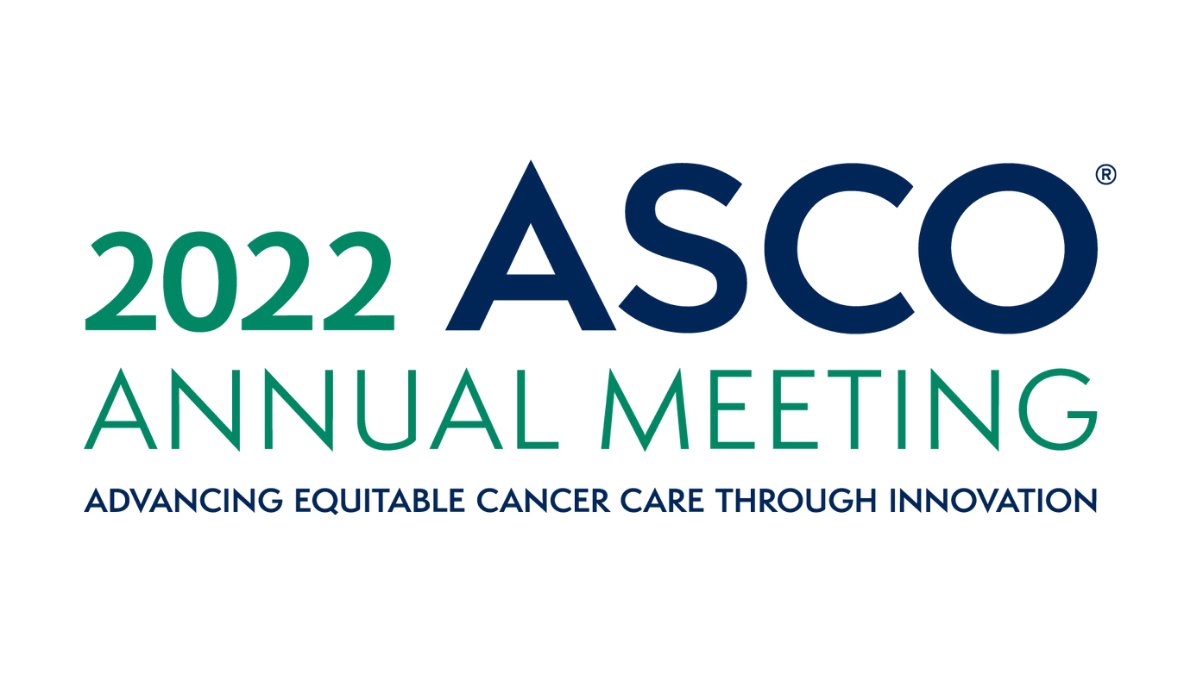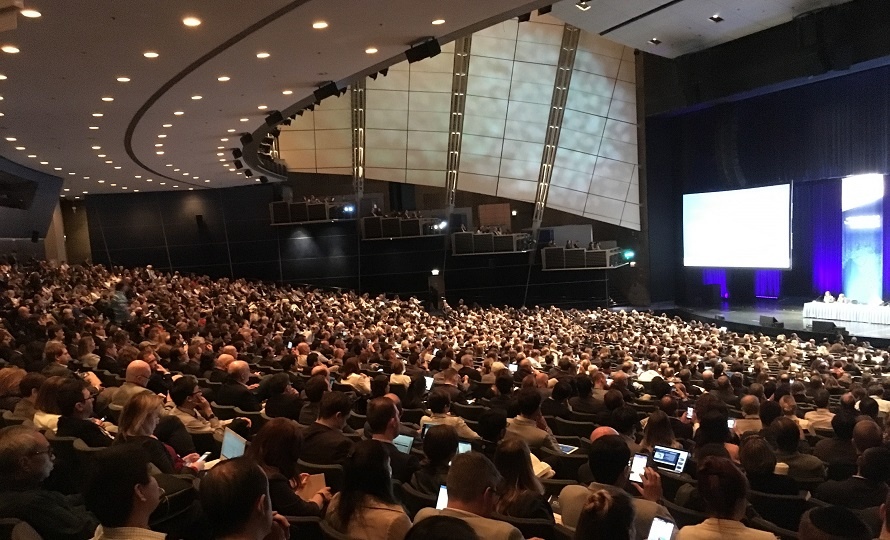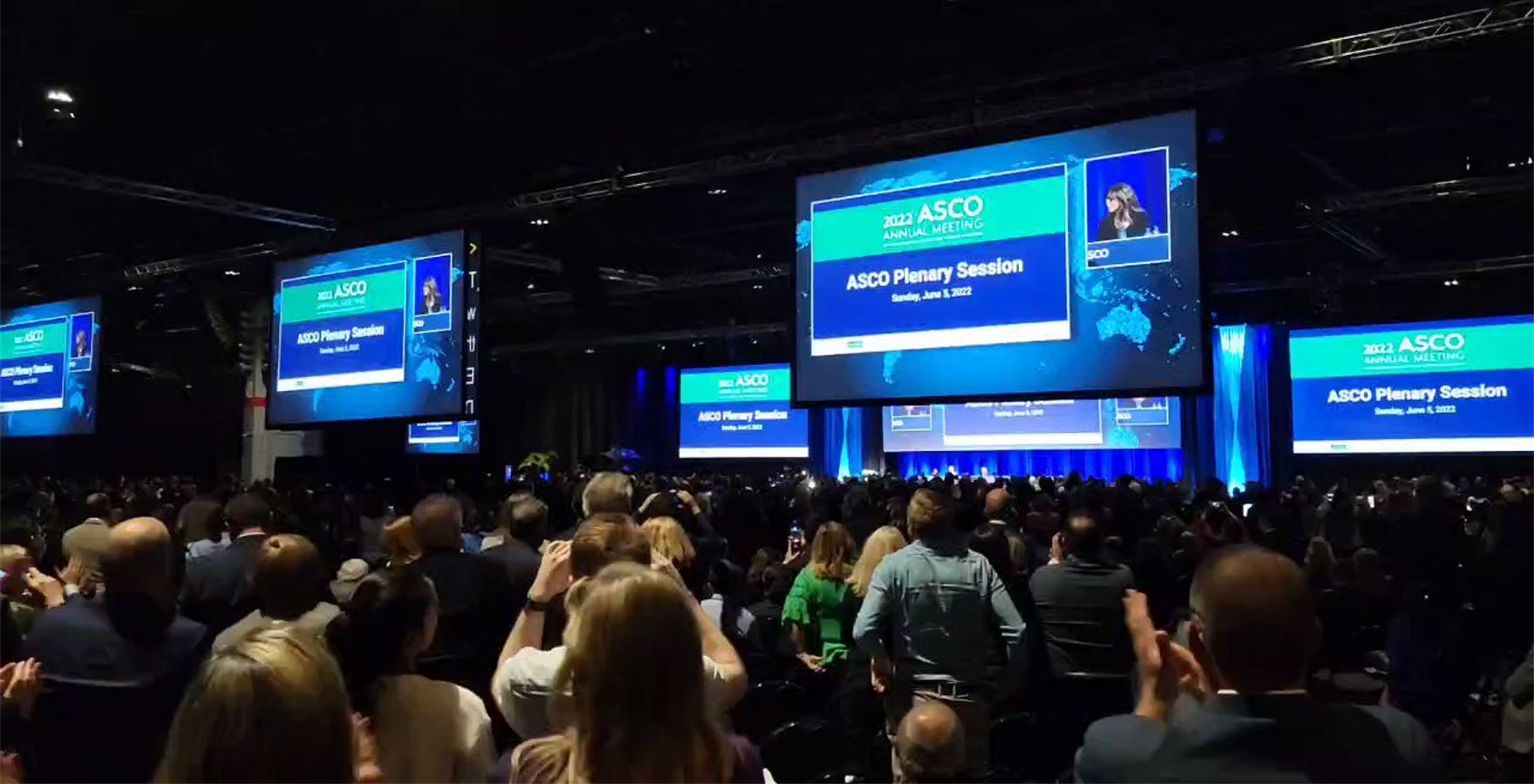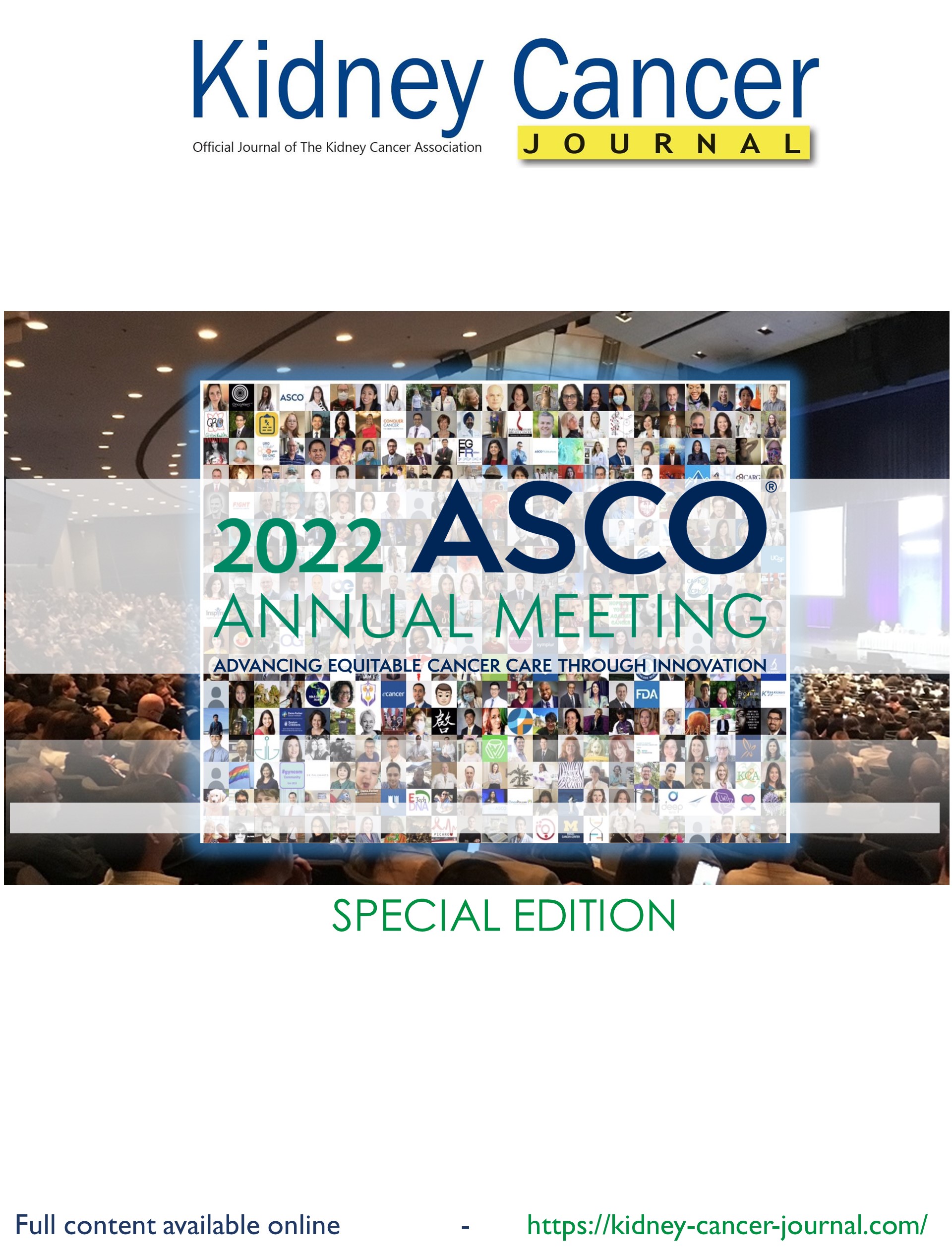ASCO22 Special
https://doi.org/10.52733/KCJ20n2-e
ASCO 2022: Sets the Stage for Improved and Practice-Changing Results
Cedars Cinai Cancer Center, Los Angeles, CA
Correspondence to: Email: robert.figlin@cshs.org
Dear Colleagues,

.
This year’s annual meeting of the American Society of Clinical Oncology (ASCO22) held June 3 through 7, was hybrid in nature with attendees joined both inperson and virtually from over 100 countries. Tens of thousands of physicians, clinical trial investigators, R&D scientists, academics, patient advocates, and biopharma leaders descended upon Chicago for the first in-person ASCO meeting after a two-year hiatus due to the COVID-19 pandemic. This year’s ASCO22 has provided an opportunity to explore the latest advancements in cancer research, treatment, and patient care with featured abstracts in more than 120 subcategories including all major disease sites and research areas. Presentations at ASCO22 have unearthed a wealth of exciting data across the oncology spectrum, especially for oncologists and physicians around the world, and also gave glimpses into what is next for the field. With a mix of live and ondemand content, there was no shortage of cutting-edge research available to attendees —including more than 2,000 abstracts, 85 live stream sessions, and more than 2,500 poster presentations and poster discussion sessions, clinical science symposia, education sessions, etc. Topics span the spectrum of hematology/oncology, including new drugs; treatment advances in prostate, breast, lung, and blood cancers, as well as screening, prevention, access to care, immunotherapy, and precision medicine.

.
The theme for ASCO 2022 was “Advancing Equitable Cancer Care Through Innovation” with more than 200 sessions offering resources and research on this topic. Inequitable access to cancer care and management, compounded by the unprecedented effects of global COVID-19 impact, presents a daunting, global challenge for both governments and stakeholders —as well as opportunities for innovative solutions. Presentations at the meeting sought to address inequitable access issues and develop equitable cancer strategies through innovation. “The COVID-19 pandemic has laid bare the inequities that exist in our global health care systems,” noted Everett E. Vokes, MD, FASCO, 2021-2022 ASCO President, in his program communication to attendees. “It has also provided us an opportunity to reinvent cancer care delivery and test promising approaches to a more equitable future in health care. In oncology, innovation can be seen around every corner. Opportunities range from new therapies and smarter use of existing treatments and offering patients broader and easier access through telemedicine, to rethinking clinical trial eligibility and much more” he concluded. ASCO’22 provided the perfect backdrop to dive into strategies we can collectively drive patient-centric oncology research and drug development. Many important discussions on how to help address inequities in cancer care have drawn leaders in the field to seek solutions quickly.

.
The science of immunotherapy has come a long way in the last decade since the approval of the first checkpoint immunotherapy in 2011, as the meeting presentations highlighted that tremendous scientific advances are unlocking more of immunotherapy’s potential each passing year. While the immuno-oncology combinations continued their impressions, newly developed strategies viz. HIF2a inhibitor and GAS6-AXL inhibitor also showcased their promising outcomes in renal cell carcinoma. More than 160 abstracts and talks focused on therapies for renal cell carcinoma were delivered during poster and oral sessions. Following high-profile clinical trials have delivered some interesting and impactful data at the meeting: EVEREST (everolimus, SWOG S0931, NCT01120249; abstract LBA4500), CheckMate 9ER (nivolumab plus cabozantinib; NCT03141177; abstract 4501), CheckMate 214 (nivolumab plus ipilimumab; NCT02231749; abstract 4502), CALYPSO (durvalumab plus savolitinib; NCT02819596; abstract LBA4503), LITESPARK-001 (belzutifan; NCT02974738; abstract 4509), AVB-S6-500 (batiraxcept; NCT04300140; abstract 4511), KEYNOTE-564 (pembrolizumab; NCT03142334; abstract 4512), KEYNOTE-426 (Pembrolizumab plus axitinib; NCT02853331; abstract 4513), TiNivo-2 (tivozanib plus nivolumab; NCT04987203; abstract TPS4605) and CLEAR (lenvatinib plus pembrolizumab; NCT02811861; abstract 4514) etc. A full list of abstracts that I have picked is available in the special ASCO22 section in detail. These studies presented at ASCO22 demonstrated statistically significant and clinically meaningful benefits or deeper responses over their respective comparator drug as well as made tremendous strides in the renal cancer space. Altogether, ASCO 2022 offered impactful novel data that will continue to transform clinical practice and cancer drug development for a variety of cancers. Most importantly, the implementation of the scientific advances we learned at ASCO 2022 will improve the quality of life and length of our cancer patients.
.
In this issue, an exclusive roundtable discussion that I chaired, provide key perspectives on the efficacy and tolerability of tivozanib plus nivolumab combination therapy. Following distinguished kidney cancer investigators joined the conversation: Dr. Robert Motzer, Dr. Toni Choueiri, and Dr. Laurence Albiges discuss the full potential of tivozanib plus ICI combinations in a rapidly changing treatment paradigm of renal carcinoma. A manuscript by Paquin et al provides the framework for comprehensive research on the demographic, increased risk factor and genetic pathway differences between papillary renal cell carcinoma type 1 and type 2 tumors. In another review work, Zhang et al outlined the current state of using engineered T cell therapy especially CAR-T cell therapy for the treatment of patients with advanced RCC and also described the toxicity and challenges and CAR-T cell therapy. Also, Dr. Yasser Ged and Dr. Nirmish Singla provided meeting coverage for our featured ASCO22 section in this issue.
Full ASCO22 coverage available: kidney-cancer-journal.com





